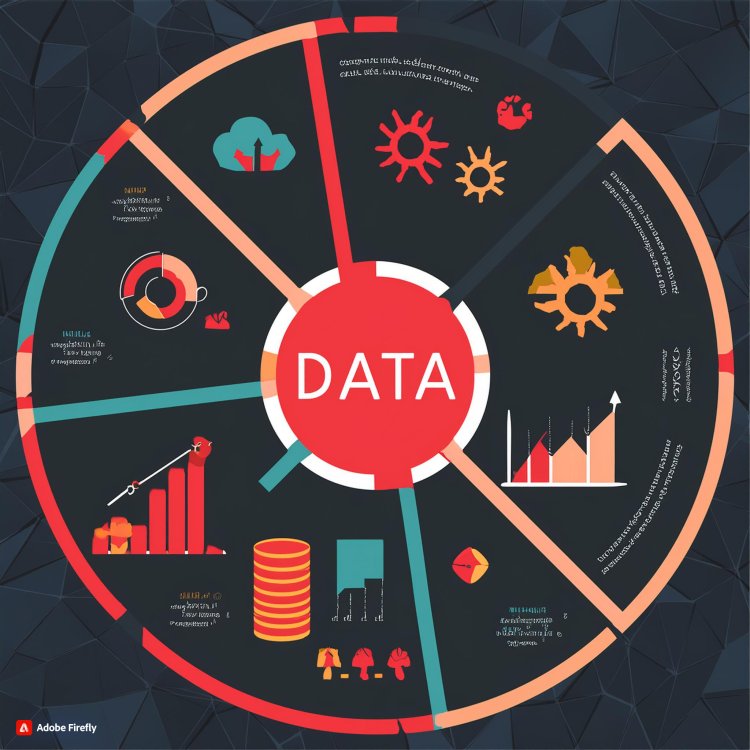Data Recovery Services in 2024: Protect Your Digital Assets
Discover how Data Recovery Services safeguard your digital assets in 2024.

Data Recovery Services: Safeguarding Your Digital Assets in 2024

Table of Contents
- Introduction
- What are Data Recovery Services?
- Types of Data Loss
- Data Recovery Methods
- Choosing a Data Recovery Service Provider
- Data Loss Prevention Strategies
- Challenges in Data Recovery
- Emerging Trends in Data Recovery
- Industry-Specific Applications
- Cost Considerations
- The Future of Data Recovery Services
- Conclusion
Introduction
In our increasingly digital world, data has become one of the most valuable assets for both individuals and businesses. However, data loss can occur due to various reasons, potentially causing significant financial and operational impacts. This comprehensive guide explores how Data Recovery Services are protecting digital assets and ensuring business continuity in 2024.
What are Data Recovery Services?

Data Recovery Services refer to the process of salvaging inaccessible, lost, corrupted, damaged or formatted data from secondary storage, removable media or files, when the data stored in them cannot be accessed in a standard way. These services typically include:
- Hard Drive Recovery
- RAID Recovery
- SSD Data Recovery
- Tape Recovery
- Mobile Device Data Recovery
- Cloud Data Recovery
- Database Recovery
Types of Data Loss

Understanding the common causes of data loss is crucial:
- Hardware Failure
- Software Corruption
- Human Error
- Malware and Virus Attacks
- Natural Disasters
- Theft or Loss of Devices
Data Recovery Methods

Data recovery professionals employ various techniques depending on the nature of data loss:
- Software-based Recovery
- Hardware Repair
- Clean Room Data Recovery
- Remote Data Recovery
- Specialized Recovery for SSDs and Flash Drives
Choosing a Data Recovery Service Provider

Consider these factors when selecting a Data Recovery Service provider:
- Experience and Expertise
- Success Rate
- Security Measures and Confidentiality
- Turnaround Time
- Pricing and Service Guarantee
- Clean Room Facilities
- Customer Support
Data Loss Prevention Strategies

While data recovery services are crucial, prevention is always better than cure:
- Regular Backups
- Use of RAID Systems
- Implementing Robust Security Measures
- Employee Training on Data Handling
- Disaster Recovery Planning
Challenges in Data Recovery

Data recovery professionals face several challenges:
- Evolving Storage Technologies
- Encryption and Security Measures
- Physical Damage to Storage Devices
- Time Sensitivity of Recovery
- Legal and Ethical Considerations
Emerging Trends in Data Recovery

The field of data recovery is constantly evolving:
- AI and Machine Learning in Data Recovery
- Cloud-based Recovery Solutions
- Recovery from IoT Devices
- Blockchain in Data Recovery
- Quantum Computing's Impact on Data Recovery
Industry-Specific Applications

Data recovery needs vary across industries:
- Healthcare: Patient records recovery
- Finance: Transaction data recovery
- Legal: Case file and evidence recovery
- Manufacturing: Industrial data recovery
- Media: Large file and multimedia recovery
Cost Considerations

Understanding the financial aspects of Data Recovery Services:
- Factors Affecting Cost
- Typical Price Ranges
- Insurance Coverage for Data Recovery
- Cost vs. Value of Recovered Data
- Budgeting for Data Recovery and Prevention
The Future of Data Recovery Services

As technology advances, we can expect Data Recovery Services to:
- Incorporate more AI-driven recovery techniques
- Offer faster and more efficient recovery processes
- Develop solutions for emerging storage technologies
- Focus on preventive and predictive recovery measures
- Integrate more closely with cybersecurity services
Conclusion

Data Recovery Services have become an essential component of data management and business continuity strategies. As we navigate through 2024 and beyond, organizations that prioritize data protection and have reliable data recovery plans will be better equipped to handle unforeseen data loss incidents, maintain operational integrity, and protect their valuable digital assets.
What's Your Reaction?




















